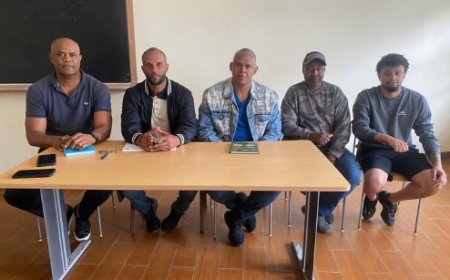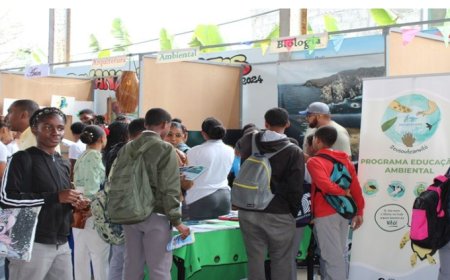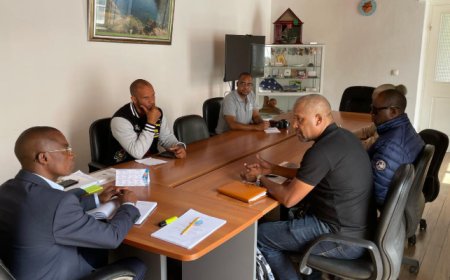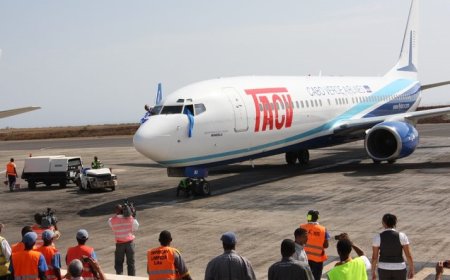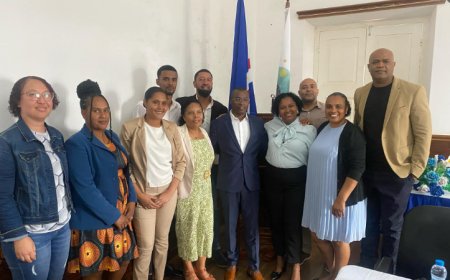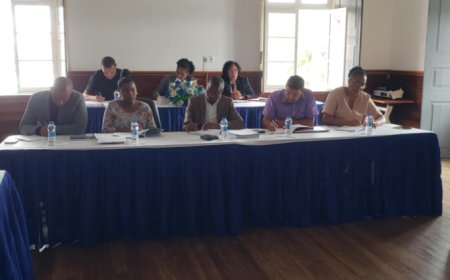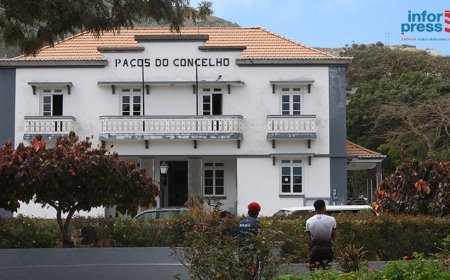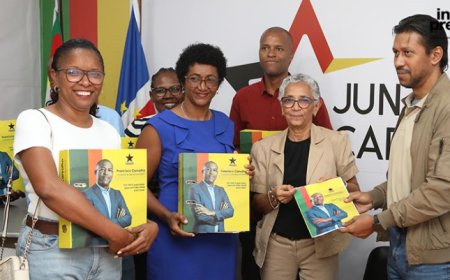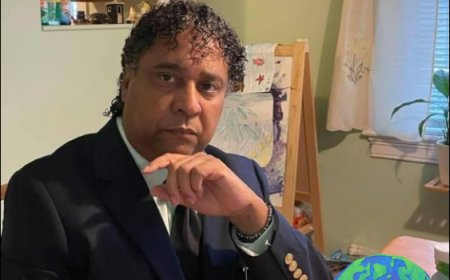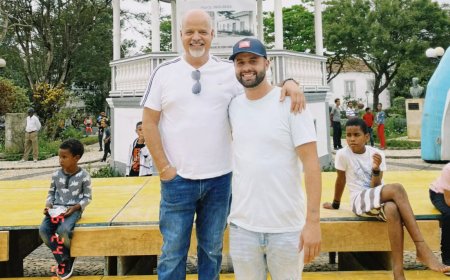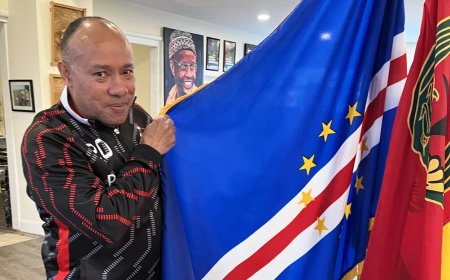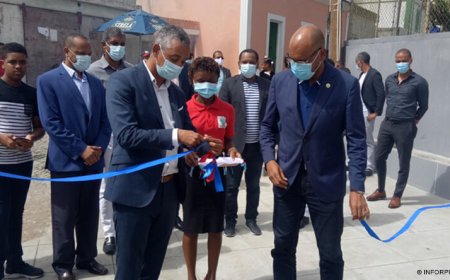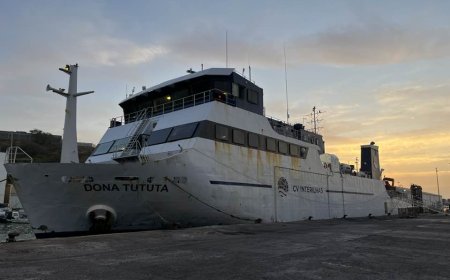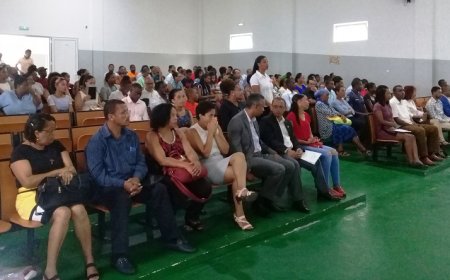US foreign aid cuts affect Africa - Cape Verde among the least benefited countries
The partial suspension of US foreign aid under Trump has affected critical sectors in Africa, such as agriculture. Cape Verde is among the African countries that received the least aid in 2024, with only 1.3 million dollars pledged, reinforcing the need for regional and multilateral alternatives.
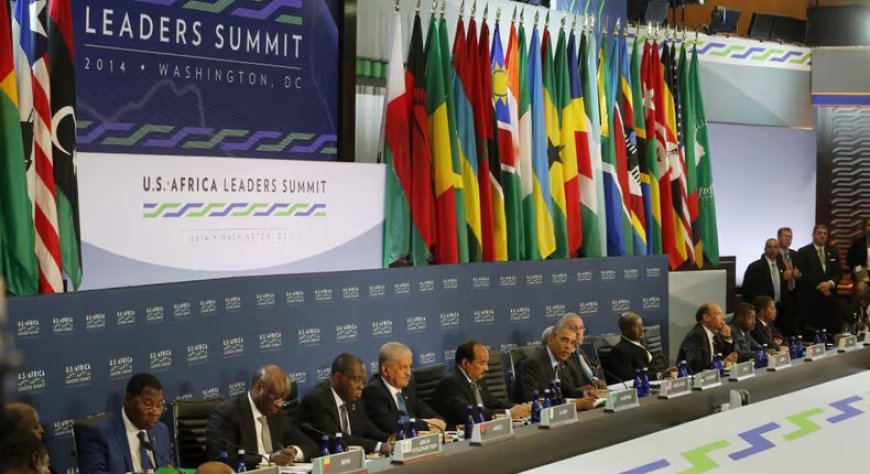
One of former President Donald Trump's first measures after taking office was to suspend almost all US spending abroad for 90 days. The measure, justified by his administration as a response to the alleged inefficiency of USAID (United States Agency for International Development), had significant impacts in various regions of the world - especially Africa.
With a budget of 50 billion dollars, USAID is the largest civil aid organization in the world. In 2023, the US earmarked 68 billion dollars in foreign aid, around 40 billion of which came from the agency. Most of this was directed to areas such as health (16 billion), humanitarian aid (15.6 billion) and economic development (19 billion), including vaccination and pandemic prevention programs in less developed countries.
The suspension of funds has affected essential sectors such as agriculture, the economic base of many African countries. With more than 60% of the workforce employed in the sector, agriculture is vital for economic growth, fighting poverty and food security on the continent. Cape Verde, although less dependent on USAID than other nations, is also feeling the indirect effects of these cuts.
According to the latest data from the US foreign assistance portal, Cape Verde is among the ten African countries that received the least aid from the United States in 2024. The archipelago was promised a total of 1,304,536 dollars, which is more than other Portuguese-speaking countries such as São Tomé and Príncipe (880,000) but much less than Comoros (8.7 million) or the Republic of Congo (9.5 million).
Although programs such as Feed the Future, created in 2010, have contributed to improving agricultural productivity and access to markets, analysts warn that many African countries do not depend exclusively on American aid - and that there is an overvaluation of this dependence in political discourse.
In the meantime, experts suggest that countries like Cape Verde seek to diversify their sources of support and strengthen regional and multilateral partnerships to ensure sustainable progress, especially in sectors such as health and agriculture.






